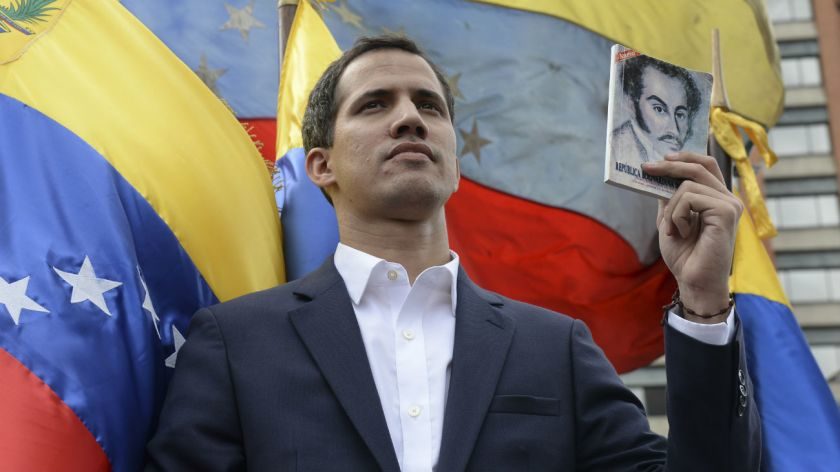"American intelligence and military officers are working on additional clandestine plans to counter Iranian aggression in the Persian Gulf, pushed by the White House to develop new options that could help deter Tehran without escalating tensions into a full-out conventional war, according to current and former officials."Note that "Iranian aggression." The rest of the piece, fairly typical of the tone of American media coverage of the ongoing Iran crisis, included sentences like this: "The C.I.A. has longstanding secret plans for responding to Iranian provocations." I'm sure I've read such things hundreds of times without ever really stopping to think much about them, but this time I did. And what struck me was this: rare is the moment in such mainstream news reports when Americans are the "provocative" ones (though the Iranians immediately accused the U.S. military of just that, a provocation, when it came to the U.S. drone its Revolutionary Guard recently shot down either over Iranian air space or the Strait of Hormuz). When it comes to Washington's never-ending war on terror, I think I can say with reasonable confidence that, in the past, the present, and the future, the one phrase you're not likely to find in such media coverage will be "American aggression."
OF THE
TIMES













Comment: You can read the full transcript of the interview on the Kremlin's website.